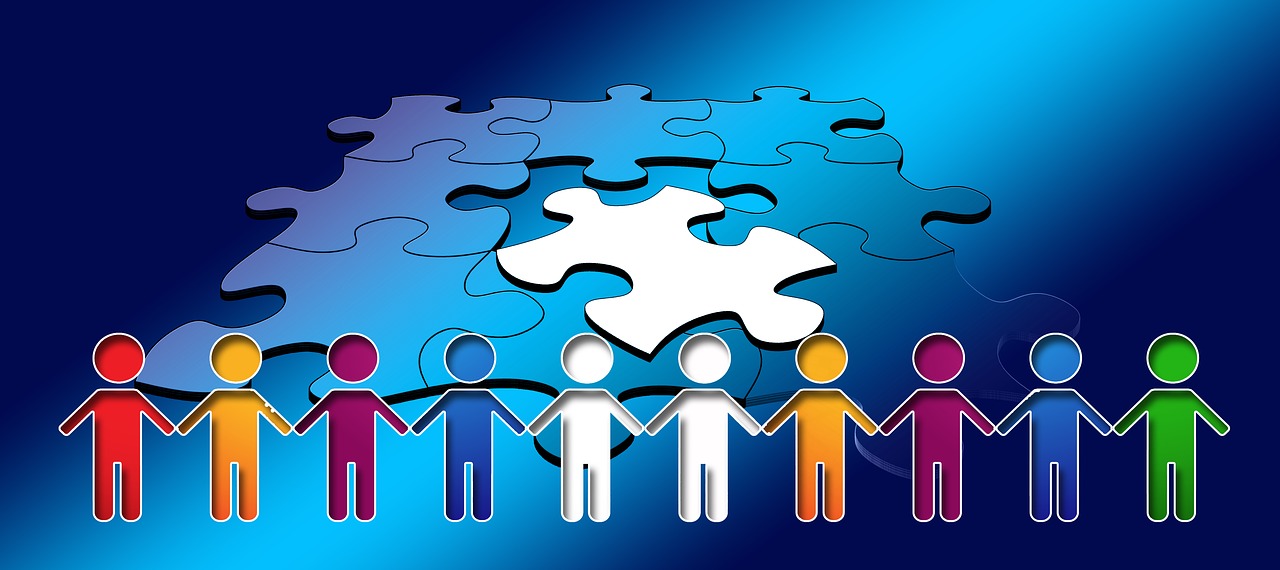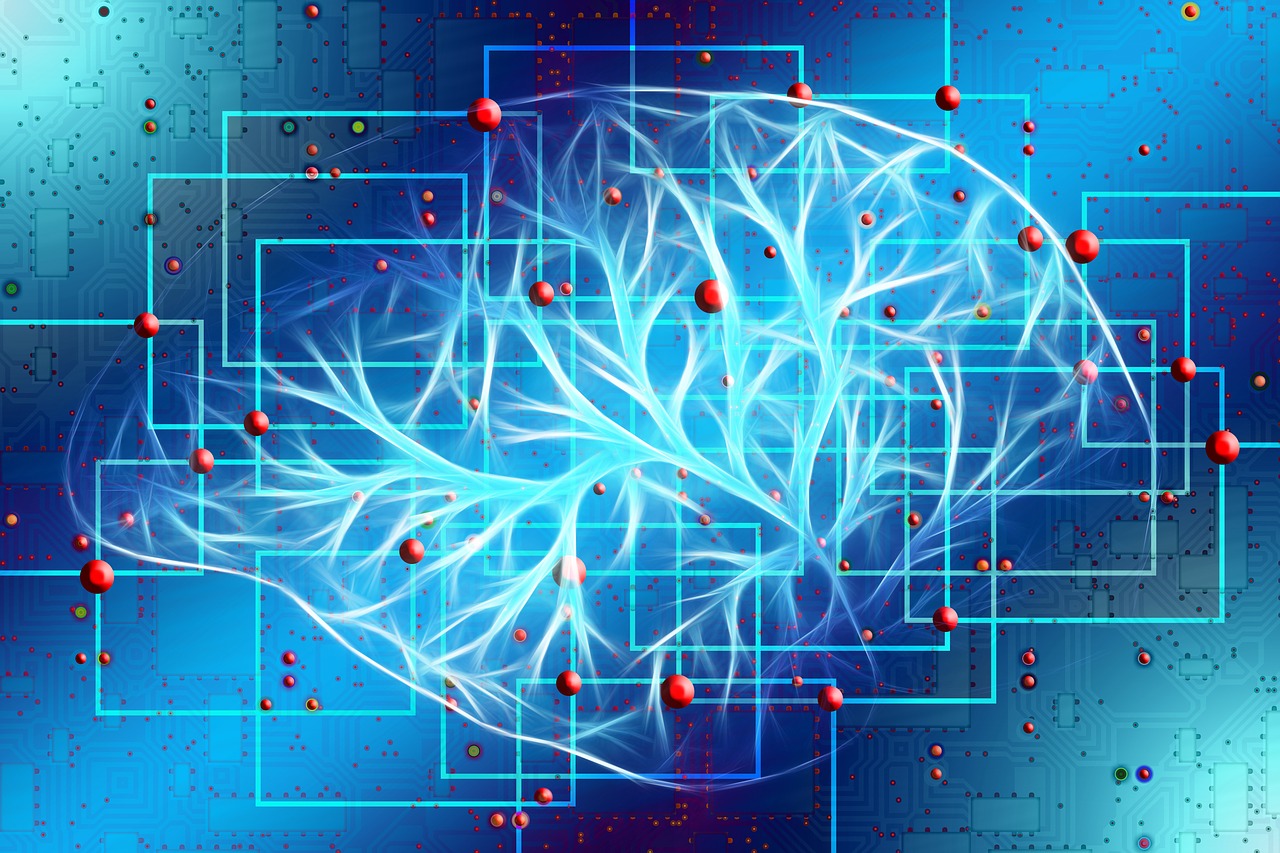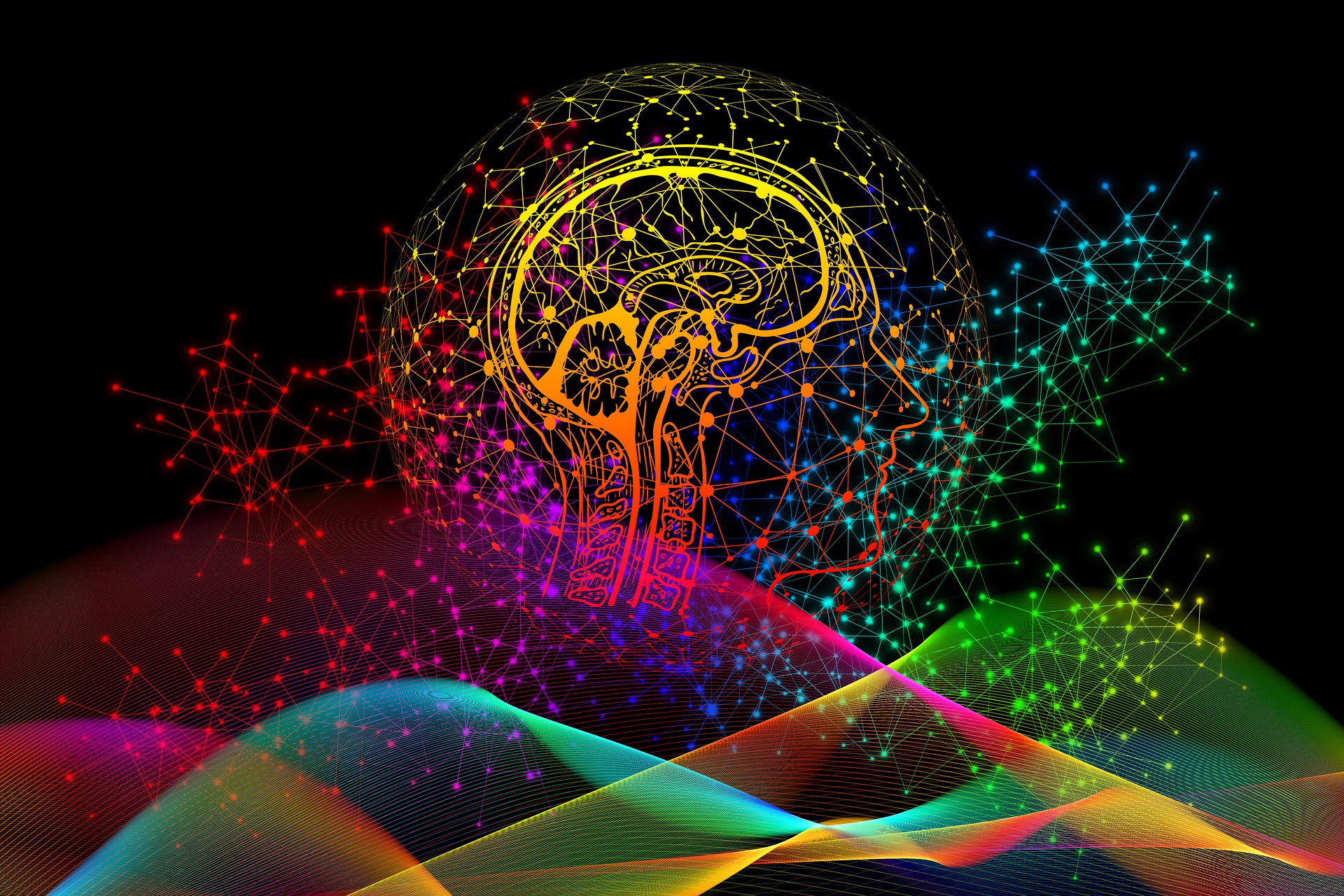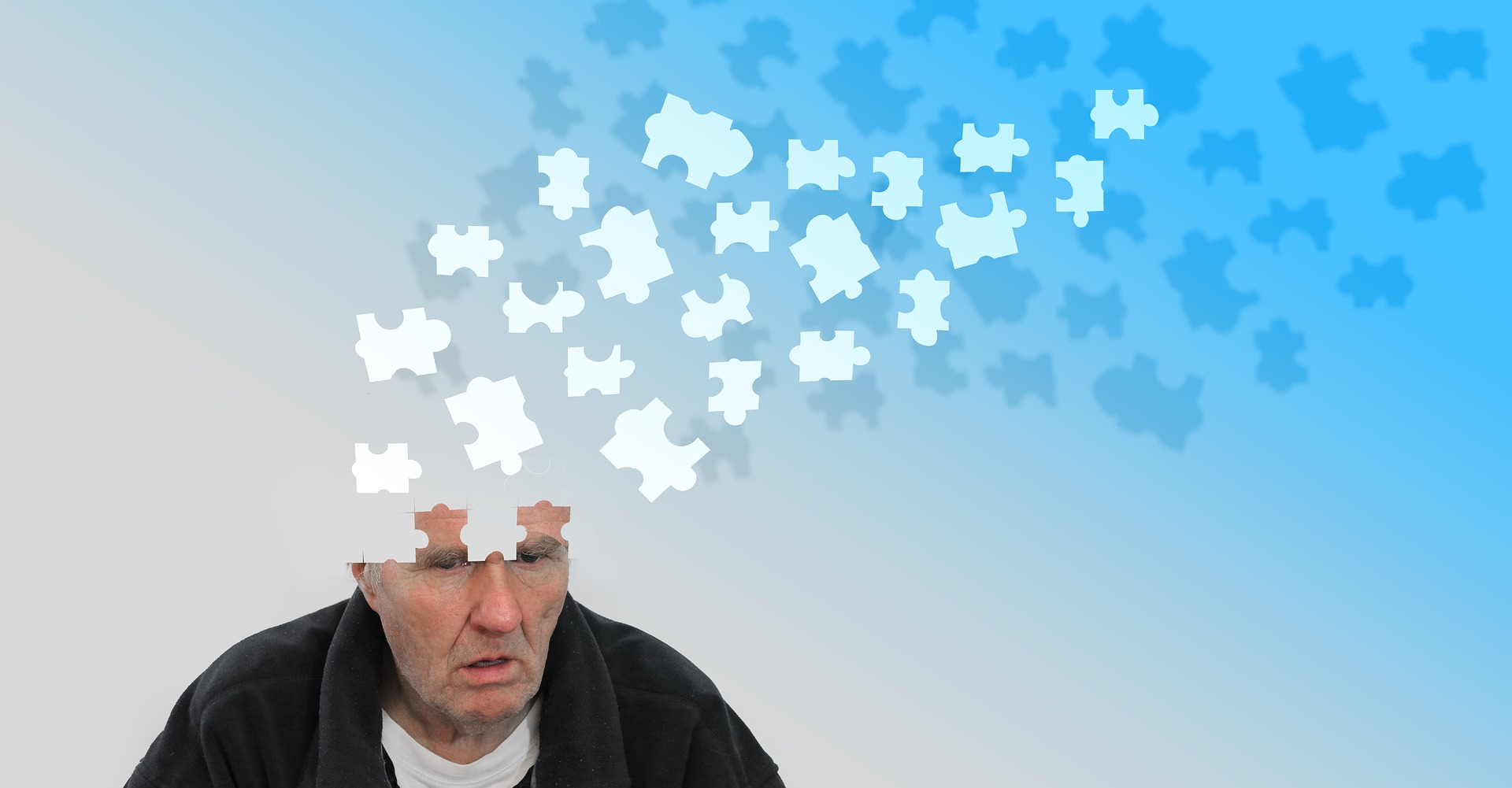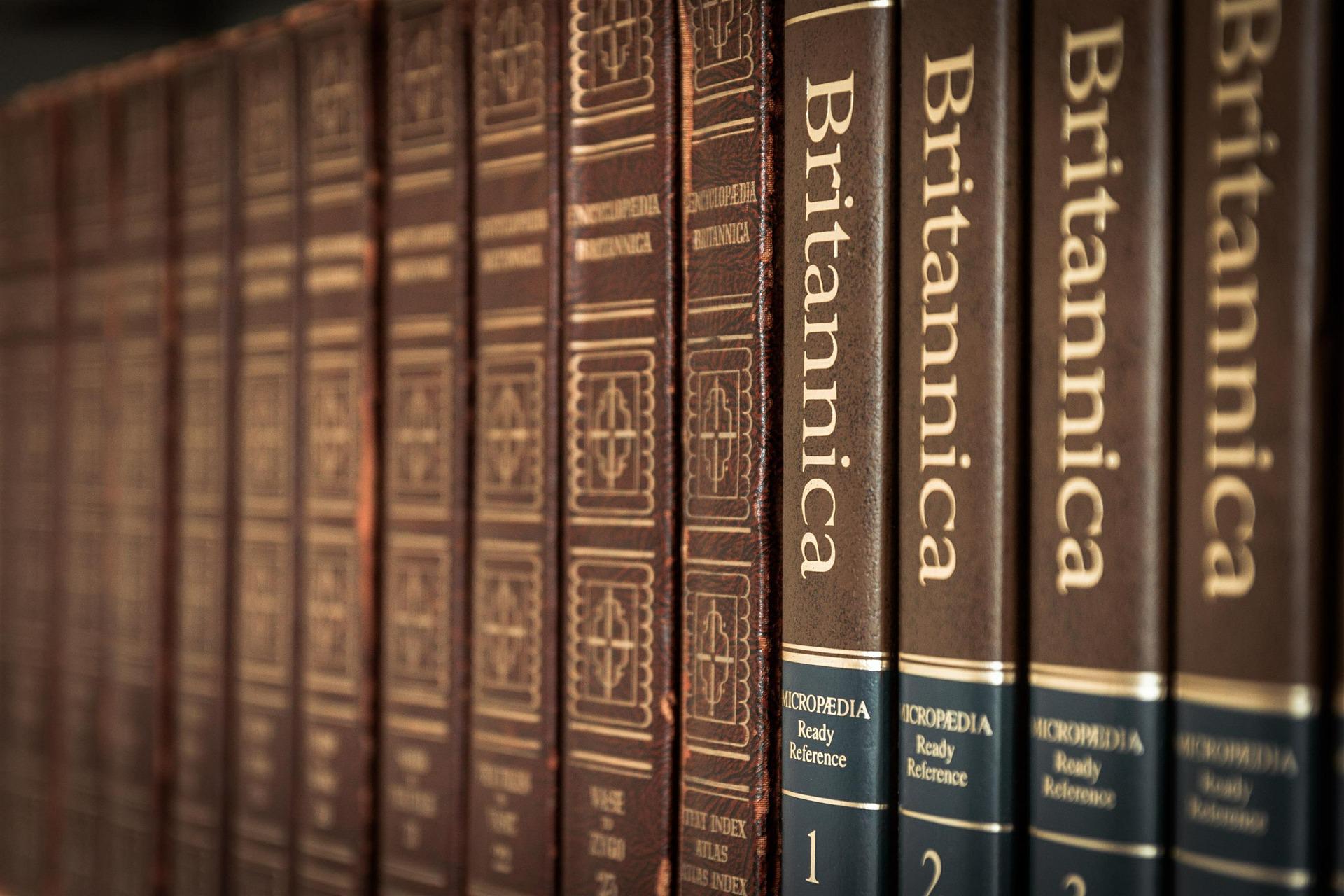Ontological Concepts
The ideas offered on this site may seem disparate but they fit into an overarching model.
The principles fit together as a means of understanding human being and becoming. It starts with the foundational idea:
‘Every human life is an entirely subjective, internal, and bounded experience. We define our life on a timeline of past, present and future, yet we experience time as a self-constructed and constantly changing present moment that is always focused on the immediate future.‘
From here there we move to the control, influence and concern model which is based on Ken Wilber’s Big 3 idea of ‘I, We and It’. From here we branch into two streams – one for our field of control encompassing the ‘I’ domain and the other encompassing our field of influence and the ‘We’ domain.

